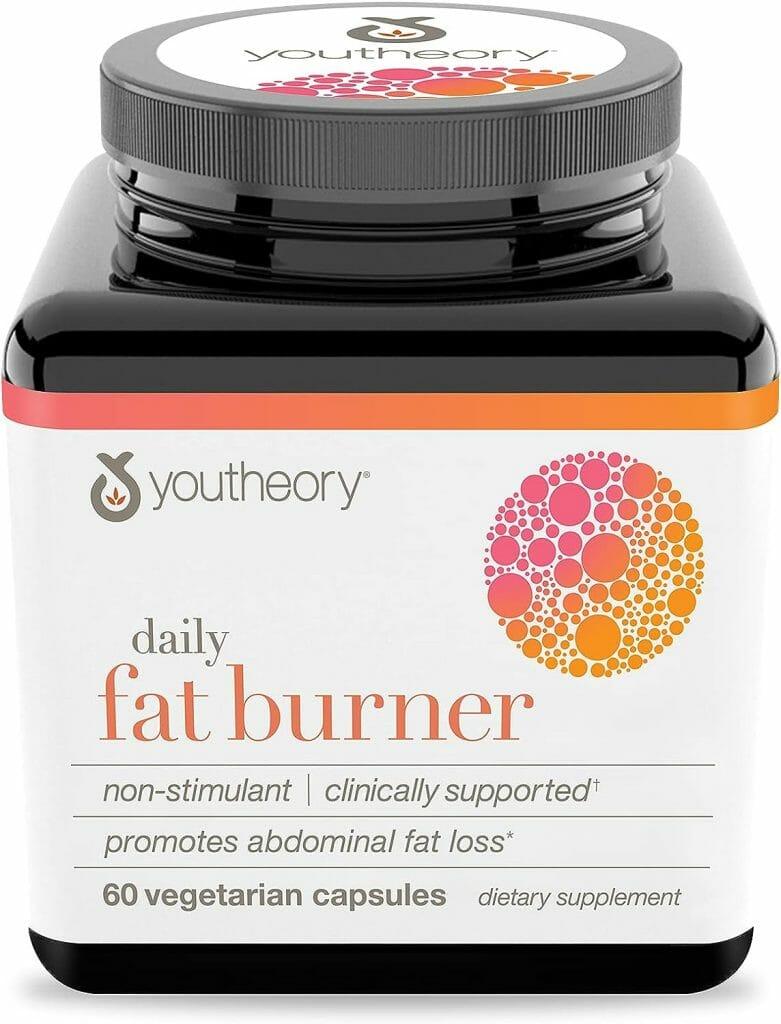In this article, we will discuss the question of which oil is better for our health: refined or mustard oil. We will provide some important information to help you make an informed decision about the oils you choose to use in your cooking.
Refined oils are often considered healthier as they undergo a processing method that removes impurities and results in a neutral taste. They also have a higher smoke point, making them ideal for high-heat cooking methods like frying. On the other hand, mustard oil is known for its pungent taste and distinct flavor. It is extracted from mustard seeds using a cold-press method, which retains more of the natural nutrients and antioxidants present in the seeds. Additionally, mustard oil contains omega-3 fatty acids, which have been linked to various health benefits.
So, let’s dive in and explore the benefits and drawbacks of each oil to help you make the right choice for your health.

Introduction
When it comes to cooking, the choice of oil plays a crucial role not only in enhancing the flavors of our food but also in impacting our health. With so many different types of cooking oils available in the market, it can be challenging to determine which one is the best for our overall well-being. In this article, we will explore two popular options – refined oil and mustard oil – and discuss their health benefits and potential risks. By understanding the nutritional profiles and cooking properties of these oils, we aim to provide a comprehensive guide to help you make an informed decision about which oil is good for your health.
Overview of Different Types of Cooking Oils
Popular cooking oils
Cooking oils come in various forms, each with its unique properties and benefits. Some popular choices include olive oil, coconut oil, canola oil, and sunflower oil, among others. These oils differ in their source, composition, and suitability for different cooking methods.
Different properties of cooking oils
While all cooking oils contain fats, their specific compositions determine the nutritional value and cooking properties they offer. Some oils are high in monounsaturated fats, while others are rich in polyunsaturated fats. Additionally, the smoke point, flavor, and aroma profiles of cooking oils also vary, making them suitable for specific culinary uses.

Refined Oil and Its Health Impact
Definition of refined oil
Refined oil is a type of cooking oil that undergoes a rigorous refining process to remove impurities and enhance its stability. This process involves heating the oil, sometimes using chemicals, and filtering it to achieve a clear and odorless product. Refined oils are often more affordable and have a longer shelf life compared to their unrefined counterparts.
Refining process of cooking oils
The refining process typically involves several steps, including degumming, neutralization, bleaching, and deodorization. These processes help to remove impurities, improve the oil’s appearance, and extend its shelf life. However, it is important to note that the refining process can also strip the oil of some of its natural nutrients and beneficial compounds.
Potential health risks of refined oil
Refined oils, although widely used in cooking, may pose certain health risks. The high temperatures used during the refining process can lead to the formation of harmful compounds, such as trans fats and free radicals. Excessive consumption of these unhealthy fats has been linked to cardiovascular diseases, inflammation, and other health issues. Additionally, refined oils often lack essential nutrients, such as vitamins and antioxidants, which are typically present in unrefined oils.
Mustard Oil and Its Health Benefits
Introduction to mustard oil
Mustard oil, derived from mustard seeds, has a long-standing tradition in many cultures for its culinary and medicinal properties. It is commonly used in Indian, Bangladeshi, and Pakistani cuisines. Mustard oil is known for its pungent flavor and distinct aroma, which adds depth and complexity to dishes.
Nutritional profile of mustard oil
Mustard oil is rich in monounsaturated and polyunsaturated fats, which are considered healthier alternatives to saturated fats. It also contains omega-3 and omega-6 fatty acids, essential for brain function and overall well-being. Additionally, mustard oil is a good source of vitamin E, an antioxidant that helps protect our cells from damage.
Potential health benefits of mustard oil
Research suggests that mustard oil may offer several health benefits. The presence of omega-3 fatty acids in mustard oil has been associated with reduced inflammation, improved heart health, and better cognitive function. The oil’s antimicrobial properties have also been studied for their potential to combat certain bacterial and fungal infections. Furthermore, mustard oil is believed to aid in digestion and promote a healthy digestive system.

Comparison of Nutritional Content
Comparison of nutritional values
To determine which oil is better for our health, it is essential to compare their nutritional content. Refined oils generally have a higher smoke point and a longer shelf life, but they often lack essential nutrients. On the other hand, mustard oil contains beneficial fats, vitamins, and antioxidants, but it has a lower smoke point and a distinctive flavor.
Protein, fat, and carbohydrate content
While cooking oils are not significant sources of protein and carbohydrates, they do vary in their fat content. Refined oils tend to have less fat, including unhealthy saturated fats, while mustard oil contains more beneficial monounsaturated and polyunsaturated fats.
Vitamin and mineral composition
Mustard oil is known to contain vitamin E, a potent antioxidant that protects our cells from oxidative stress. Refined oils, however, may be stripped of essential vitamins and minerals during the refining process.
Effects on Heart Health
Impact of refined oil on heart health
The consumption of refined oils, particularly those high in trans fats and saturated fats, has been associated with an increased risk of heart disease. These unhealthy fats can raise levels of LDL (bad) cholesterol and triglycerides, leading to arterial plaque formation and potential cardiovascular problems.
Impact of mustard oil on heart health
Mustard oil, with its healthier fat profile, including omega-3 and omega-6 fatty acids, may have a positive impact on heart health. These essential fatty acids have been shown to reduce inflammation, lower LDL cholesterol levels, and improve overall cardiovascular function.
Role of fatty acids in heart health
Fatty acids play a significant role in heart health. While some fats, such as saturated fats, can raise LDL cholesterol levels and contribute to heart disease, others like monounsaturated and polyunsaturated fats can help lower LDL cholesterol and raise HDL (good) cholesterol levels. Choosing cooking oils rich in these healthier fats can have a positive impact on heart health.
Impact on Cholesterol Levels
Effect of refined oil on cholesterol
Refined oils, particularly those high in unhealthy fats, can negatively impact cholesterol levels. Trans fats, often found in partially hydrogenated vegetable oils, can significantly raise LDL cholesterol and lower HDL cholesterol, leading to an increased risk of heart disease.
Effect of mustard oil on cholesterol
Mustard oil, with its healthier fat profile, has been shown to have a positive effect on cholesterol levels. The presence of omega-3 and omega-6 fatty acids in mustard oil can help lower LDL cholesterol while raising HDL cholesterol, maintaining a healthy balance.
Importance of HDL and LDL cholesterol
Maintaining a healthy balance between HDL and LDL cholesterol is crucial for heart health. While LDL cholesterol can contribute to arterial plaque formation, increasing the risk of heart disease, HDL cholesterol helps remove excess cholesterol from the bloodstream, protecting against cardiovascular problems.
Role in Weight Management
Caloric value of cooking oils
Cooking oils are high in calories, regardless of their type. It is important to moderate our consumption to manage our weight effectively. Both refined and mustard oils have a similar caloric value of approximately 120 calories per tablespoon.
Effect of refined oil on weight
Refined oils, with their high calorie content and potential negative impact on heart health, can contribute to weight gain if used excessively. Regular consumption of unhealthy fats can lead to an imbalance in our energy intake, increasing the risk of obesity and related health issues.
Effect of mustard oil on weight
Mustard oil, although also high in calories, contains healthier fats that can contribute to weight management when consumed in moderation. The presence of omega-3 and omega-6 fatty acids in mustard oil has been associated with improved metabolism and reduced inflammation, potentially aiding in weight maintenance.
Cooking Properties and Culinary Uses
Smoke point of cooking oils
The smoke point of an oil refers to the temperature at which it starts to smoke and break down, releasing undesirable compounds and flavors. Refined oils generally have higher smoke points, making them suitable for high-heat cooking methods such as frying and roasting. Mustard oil, however, has a lower smoke point and is better suited for sautéing and tempering.
Suitability for different cooking techniques
The choice of cooking oil depends on the specific technique used. Refined oils can handle higher temperatures, making them ideal for deep-frying and stir-frying, while mustard oil’s lower smoke point makes it better suited for moderate heat cooking methods such as shallow-frying and sautéing.
Flavor and aroma profile
Refined oils often have a neutral flavor, allowing other ingredients to shine. Mustard oil, on the other hand, has a distinct pungent flavor and a strong aroma that can significantly enhance the taste of certain dishes. It is often used in Indian cuisine for its unique flavor profile.
Conclusion
In conclusion, the choice between refined oil and mustard oil ultimately depends on individual preference and health needs. While refined oils may have a longer shelf life and higher smoke point, they often lack essential nutrients and may pose health risks when consumed in excess. Mustard oil, with its healthier fat profile and potential health benefits, can be a suitable alternative for those looking for a more nutritious option. Ultimately, it is essential to moderate our oil consumption, choose cooking oils wisely based on their properties, and maintain a balanced diet for optimal health.








Leave a Reply
You must be logged in to post a comment.